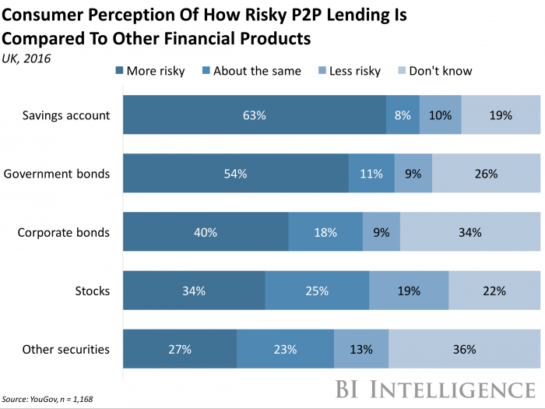The Great British love affair with property and the unwavering belief that, whatever else happens in the world, good old ‘bricks and mortar’ will always be there to save the day, evidently remains undiminished. The major banks have based a huge part of their entire existence on using real estate assets as security and judging by the recent crop of pre-Christmas authorisations granted to some P2P platforms– LandBay, Landlord Invest, Folk2Folk to name just three examples – that same underlying faith would seem to extend to the FCA.
As one of the many established platforms still waiting in the queue for the ‘green light’ from the FCA, it is galling to be watching from the sidelines. Sour grapes, possibly. But it does raise the legitimate argument about what should represent acceptable security for P2P loans – something that we know has been taxing the mind of the regulator.
My motive in raising the subject is not to ‘rubbish’ the intrinsic value of UK property as an asset, but rather to question its suitability for the task in every situation. Security is based on two fundamentals: you need an asset against which you can formally register an interest; and you need an asset that can readily be converted into cash at or close to valuation should the need arise.
A property – be it a house, a flat, office building or hotel – undoubtedly retains a value and ownership can indeed be registered. But the accuracy of the valuation is not so certain, especially in a forced sale situation or where development forms a significant part of the proposition. At the end of the day, a property is worth what someone else is prepared to pay for it. In house ownership, for example, I suspect we are all guilty of expecting to sell our own property at the top, but to buy someone else’s place at rock bottom. We are often wrong on both counts. And the longer a property takes to sell, the more detrimental it is likely to be to the valuation.

Many ordinary people know what it feels like to be trapped in negative equity, especially if they are not party to the lucrative property game that operates in London or one of the other UK ‘sweet spots’. Reality is often far removed from mega deals that make the headlines and which are usually accessible to only a privileged few. Property assets with this potential are most unlikely to form part of the security used to back P2P loans.
It is a fallacy that all property lending is secure and suitable for retail.
On the other hand, assets such as sales invoices are designed to convert readily into cash; it is their sole purpose. You can’t live in them or run your business from them, but they can be registered at Companies House, they do have a face value and that value can be underpinned by credit insurance. Hopefully, one day this will be recognised by the regulator.



